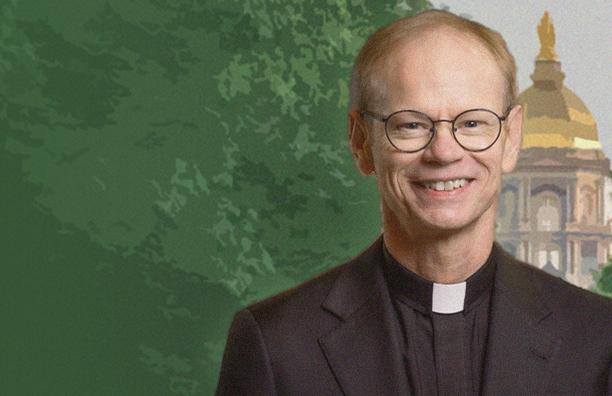

PRESIDENT DOWD:
NOTRE DAME INAUGURATES
FR. ROBERT DOWD AS 18TH UNIVERSITY PRESIDENT
Dowd catches COVID
Observer Staff Report
University President Fr. Robert Dowd tested positive for COVID-19 earlier this week, the University announced on its website yesterday afternoon.
“Yesterday, after feeling mild cold symptoms for the last few days, Father Dowd received a positive COVID test,” the statement read. “In an abundance of caution and based on medical advice, Father Dowd will be masked when near others indoors at the various inauguration events.”
According to the University there will be “some minor modifications” to the scheduled
Grady, Donnelly speak at ND Forum
Officer, former senator discuss foreign policy
By DAVID MURPHY News Writer
In the fourth and final session of Thursday’s forum lectures, naval officer
Christopher W. Grady and former United States Senator Joe Donnelly shared their insights on “advancing peace in a fractured world.”
They considered America’s key role in this mission and offered their takes on how to make the world a better place.
“When I would go overseas, the other ambassadors would come up on different events and go, ‘what’s the United States going to do,’” Donnelly said. “The world is looking towards us.”
Donnelly went on to underline America’s role in countries like Israel and Ukraine, particularly the United States’ part in countering Russian aggression by supporting Ukraine in the wake of Russia’s invasion.
IBM CEO discusses AI
By LIAM KELLY Notre Dame News Editor
On Thursday morning in the DeBartolo Performing Arts Center, Arvind Krishna, chairman and CEO of IBM, sat down for a conversation with John Veihmeyer, chairman of the Notre Dame Board of Trustees and former global chairman of KPMG, discussing artificial intelligence and “the future of responsible tech.”
Donnelly, drawing heavily on his experience as Ambassador to the Holy See under the Biden administration, underscored the United States’ key role in future prospects for peace.
Grady, for his part, drew on his experience as vice chairman of the Joint Chiefs of Staff when providing his take on the possibilities of lasting global peace.
The talk was the first of four ND Forum events of the day on the topic “What do we owe each other?”
see LEADERS PAGE 4
“I think we get back a lot more than we give to Notre Dame, because so many of your students join us and the work that they do at IBM, I think more than repays us for the work that we do here,” he said Krishna emphasized his job as CEO of IBM is about both developing and explaining technology.
“You’ve got to learn both sides of that equation. I mean, you got to get the technology, but
see AI PAGE 4 see COVID PAGE 4
After Veihmeyer thanked Krishna for his support of Notre Dame, Krishna began his remarks by offering praise for Notre Dame students.



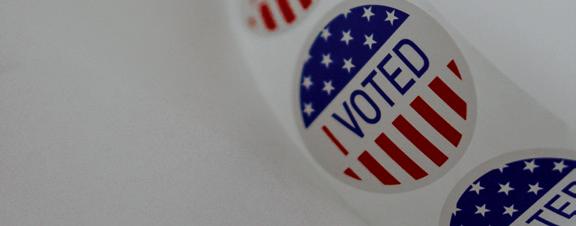


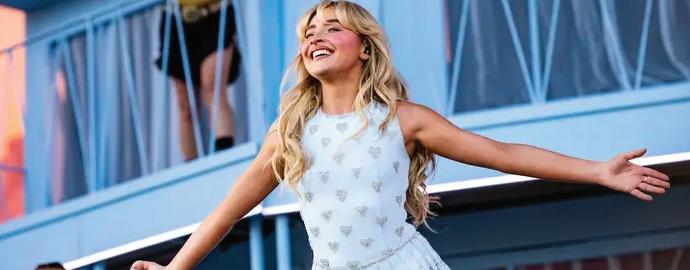


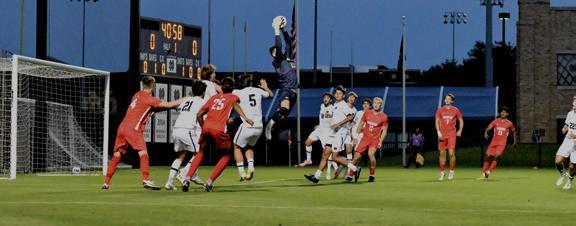


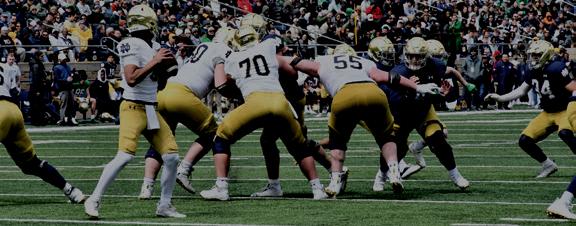


Sports
(574) 631-4543 sports@ndsmcobserver.com
Scene
(574) 631-4540 scene@ndsmcobserver.com Photo
(574) 631-8767 photo@ndsmcobserver.com
Systems & Web Administrators
webmaster@ndsmcobserver.com
Policies
QUESTION OF THE DAY:
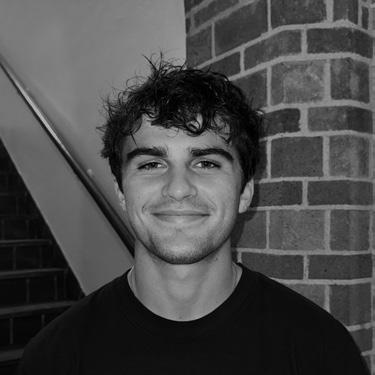
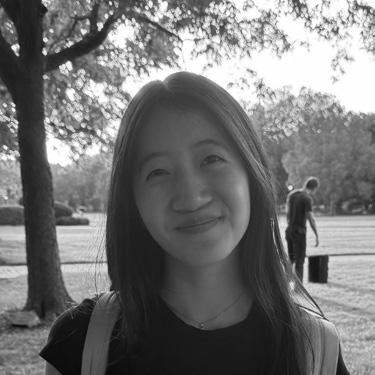
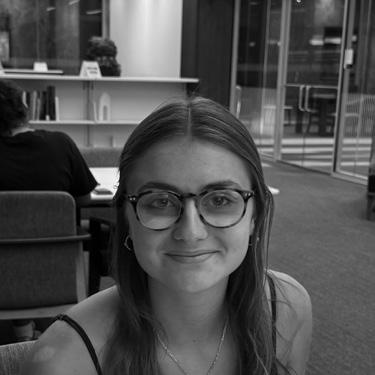
Bryce
“2,948.”
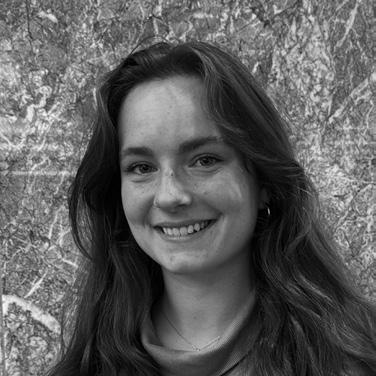
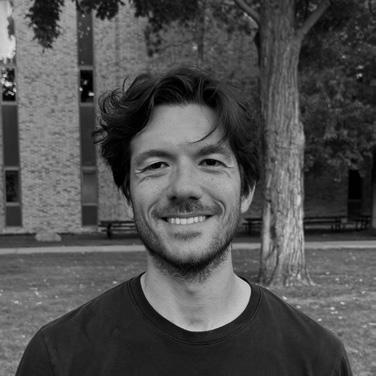
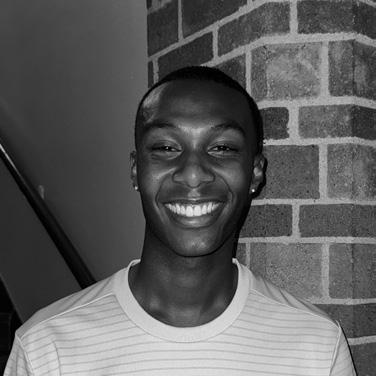
Scarlett
“3,793.”
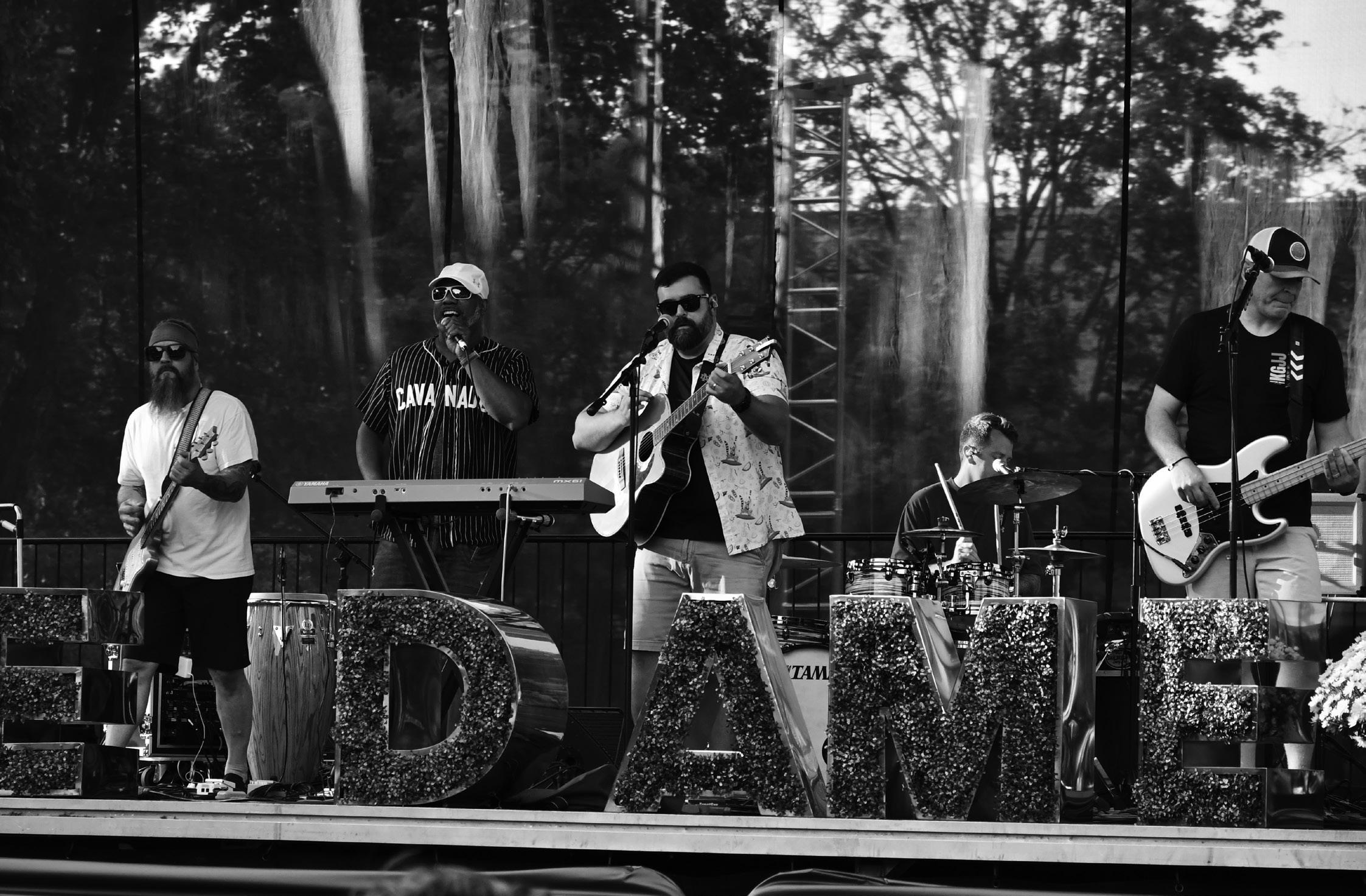
Today’s Staff
News
Corrections
The Observer regards itself as a professional publication and strives for the highest standards of journalism at all times. We do, however, recognize that we will make mistakes. If we have made a mistake, please contact us at editor@ndsmcobserver.com so we can correct our error.
The Fighting Irish will take on Northwestern.
Sister Sharlet Ann Wagner begins presidency
By AYNSLEE DELLACCA
Saint Mary’s News Editor
Last Sunday marked the inauguration of Sister Sharlet Ann Wagner as the next president of the Sisters of the Holy Cross, along with her five-member council. The ceremony was held during the Church of Loretto’s 10:30 a.m. mass. Wagner and her new council were blessed and gifted stained glass panels of trees.
Before entering the congregation, Wagner earned her bachelor’s degree in journalism and a teaching certificate from the University of Texas at Austin, where she began teaching journalism and English. During her junior year in college, Wagner felt the call to religious life.
“While I was at school at UT and active in the Catholic center, there was a Holy Cross sister, Sister Joanne Bauer … and when I saw her, I was excited because I had just started having these thoughts about being a sister, and I had no idea who to ask or where to turn or where to get more information. And now here was a real live sister,” Wagner said. “So I started talking to her, and learned a little more about religious life … and came here for a little retreat to see the sisters, and realized that I felt very comfortable here. It felt like home, and so I decided to enter Sisters of the Holy Cross.”
From her trial year with the congregation, known as being a postulant or candidate, to her perpetual, or final vows, Wagner participated in the eight-year process of entering religious life. During her two years as a novitiate, she served as an English teacher in Utah and later served in a rural clinic in Uganda.
“When you go out on mission, you need to create that balance for yourself,” Wagner said. “It was learning how to work and minister full time and prioritize prayer, prioritize community life.”
Wagner said her time in Uganda
was especially formative for her career with the sisters.
“I had learned as a sister, and I truly believed, and still believe, that sometimes the best ministry we can do is to be with someone in whatever they’re going through, and to be present and to be a listening ear and to be a compassionate presence,”
Wagner said. “At the same time, I felt like I wanted to do something about the situation, about the injustice, about whatever it might be.
That was where I decided, toward the end of my time in Uganda, that perhaps law school would be a way to really be a voice for others, be an advocate and try to do something to affect the situation.”
After officially entering the congregation, Wagner attended law school at Loyola Marymount University in Los Angeles, focusing on immigration law.
“I felt like I could use the gifts that God gave me in service of others and of those who perhaps need someone to advocate for them, or perhaps don’t have a voice,” Wagner said. “I was attracted to working with immigrants because I knew I would be working with people from a variety of countries and backgrounds and cultures, and that was exciting to me.”
Wagner transitioned into administration work in 2009 when she was elected as councilor of the congregation’s general administration. She was re-elected for a second term in 2014.
“When I was in administration, on the council, I wasn’t there to represent the United States, and though I could bring that perspective, I was looking at the good of the whole congregation. And so you get to know the whole congregation, and you get to know the inner workings of the congregation, the administration, the running of this place, this big complex,” Wagner said.
Since 2020, Wagner has
PAID ADVERTISEMENT
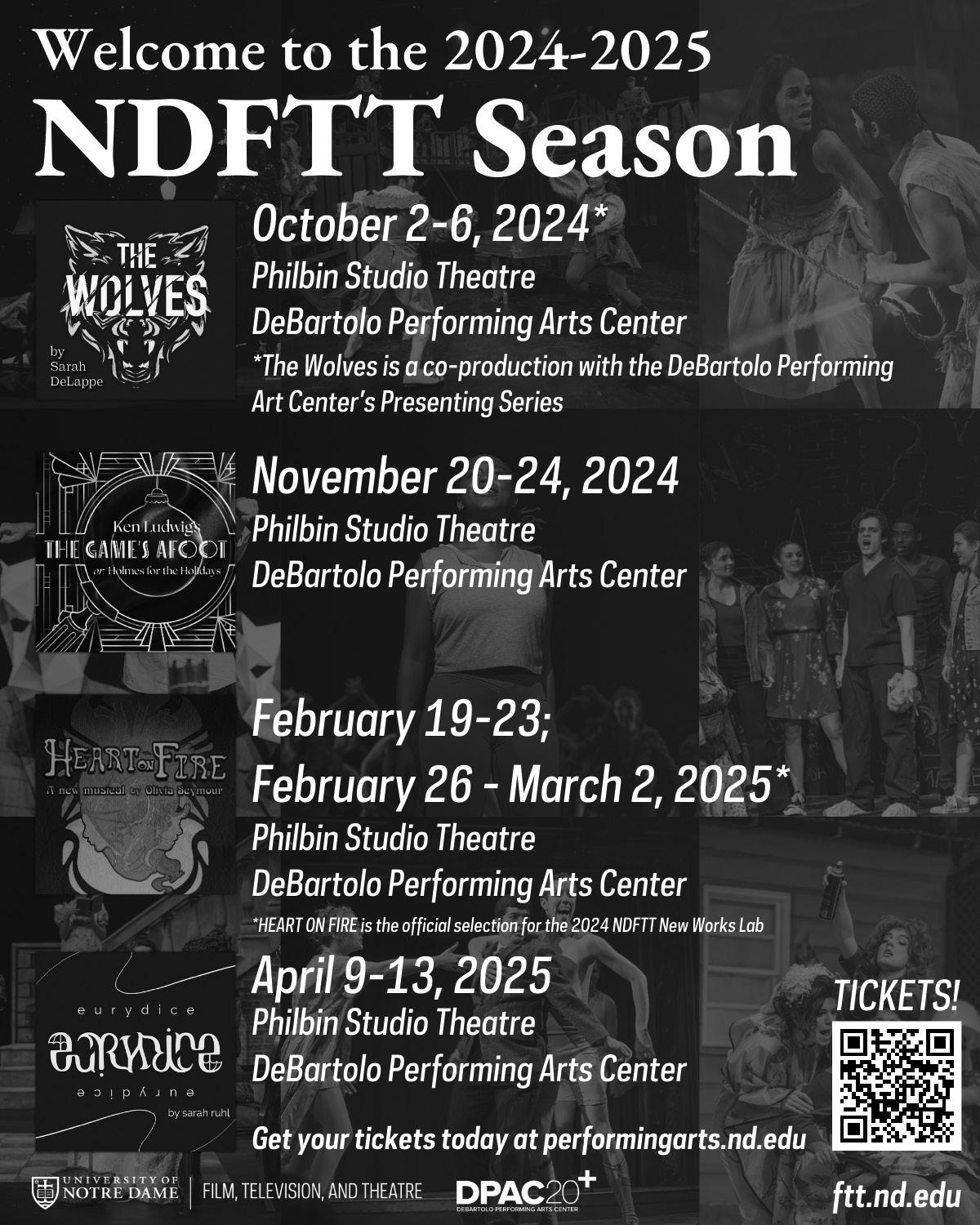
guided the Newcomer Network as the executive director with Catholic Charities in the Archdiocese of Washington. There, Wagner worked with immigrants, aiding them in a variety of issues, with her team of immigration attorneys and social workers.
Now, just four days into her new role as the president, Wagner has much on her plate to accomplish in the next five years.
“It’s a whirlwind,” Wagner said. “Even though I was in general administration for 10 years, things change. I’ve been away for five years, and being president is different from being a counselor. So I’m on a steep learning curve, but it’s been great. The sisters have been so supportive and so welcoming. I really feel held up by my sisters.”
According to Wagner, the general chapter is the highest governing authority in the congregation, and they have recently approved a new constitution for the Sisters of the Holy Cross that will be reviewed and tweaked over the next five years. Wagner estimates the new constitution will be implemented in 2029.
“Part of my task, and my team’s task, will be helping the congregation to study that new constitution, ponder on it, reflect, pray with it,
and really, fully understand what we say about our life in our new constitution,” Wagner said.
Wagner and her new council will also be in charge of looking over and improving the congregation’s governance structure, specifically within their “area level” regarding their missions in Asia, Africa and North and South America.
“The general chapter asks us to look at that intermediate level, the area level, and see how well that is or is not working for us, and develop a proposal and to be brought to an extraordinary chapter,” Wagner said.
Climate change will also be a large project for Wagner and her council as the congregation attempts to implement more meaningful and permanent impacts on climate change worldwide.
“Climate change is something the congregation has been working on, continually for a number of years. But the general chapter affirmed that, and said we want to continue to find concrete ways to address climate change,” Wagner said.
Lastly, she and her team will address and improve leadership development within the congregation for their new generation of sisters.
“How are we preparing our young sisters to be leaders in the future?”
Wagner said. “We’re blessed with a number of young sisters from Africa and Asia, and so what kind of leadership development opportunities do we need for those young sisters?”
The Congregation of the Sisters of the Holy Cross plan to release their 2024 direction statement and decisions, themed “Transforming Love” which will guide Wagner and her council in their decision-making and guidance of the congregation during their term. A part of the direction statement was read publicly to the parish during the Sept. 8 inauguration.
“We, the Sisters of the Holy Cross, celebrate our call to be witnesses of God’s transforming love for the life of the world … In the midst of these various realities, we seek new ways to build and deepen our relationship with one another and the world as we embrace diversities. We desire to be prophetic witnesses with all members of the human family who share our values and our hope for reconciliation and peace. We seek to witness the ‘one hope’ of God’s transforming love in a deeply divided world,” the statement reads.
Contact Aynslee Dellacca at adellacca01@saintmarys.edu
Philanthropist advocates for global engagement
By ANNELISE DEMERS Associate News Editor
David Rockefeller Jr. shared his extensive insights on philanthropy, education and global engagement during the inaugural forum at the University of Notre Dame for Rev. Robert Dowd, reflecting on the Rockefeller family’s long-standing commitment to positive change and offering guidance for addressing contemporary challenges.
Rockefeller, who has been deeply involved in global philanthropy for decades, underscored the importance of a global perspective in today’s interconnected world.
“The world is more interconnected than ever, and understanding and engaging with diverse cultures is crucial,” Rockefeller said.
He highlighted the Rockefeller family’s historical contributions, including the establishment of the Peking Union Medical College in Beijing, as a commitment to global engagement. This approach, he suggested, serves as a model for current and future philanthropic efforts.
The discussion also turned to the current state of higher education, a topic Rockefeller is intimately familiar with. He acknowledged the significant challenges facing universities today such as leadership transitions, rising costs and the need for increased diversity. Rockefeller stressed the necessity for universities to adapt and innovate while maintaining their core
mission of academic excellence.
“The landscape of higher education is evolving rapidly,” Rockefeller said. “Universities need to be nimble and responsive to these changes while fostering an environment of support and growth.”
Rockefeller’s insights on philanthropy were noteworthy. He emphasized that success in this field should not be measured solely by financial contributions.
“Success in philanthropy isn’t just about dollars and cents,” Rockefeller said. “It’s also about the human impact and the progress achieved through your contributions.”
He encouraged setting clear goals and evaluating impact through a broad range of measures, including cultural and social effects.
“There are many ways to gauge success, and a broad definition of it is essential,” Rockefeller said.
When advising students and individuals on making a difference, he emphasized the importance of focusing on personal strengths and passions.
“Identify what you care about and where you can make a difference,” Rockefeller said. “Focus on those areas and don’t try to address every issue at once.”
His advice reflected a belief in the power of targeted efforts and personal commitment to effect meaningful change.
Rockefeller also addressed the role of public service, and the challenges associated with it. He noted
that the current political climate can be discouraging but encouraged young people to consider careers in public service despite these challenges.
“We need to persuade our young people that there are opportunities to serve where they won’t be subjected to undue negativity,” Rockefeller said.
In his discussion on environmental conservation, Rockefeller shared his observations on the evolving field of sustainable farming and ocean conservation. He expressed optimism about recent advancements and the importance of ongoing experimentation and collaboration with institutions like Notre Dame and Cornell University.
“The focus on sustainable practices is crucial for future food security,” Rockefeller said. “We need to continue experimenting and sharing knowledge to address global environmental challenges.”
He explored the relationship between philanthropy and non-governmental organizations (NGOs), noting that while philanthropy alone cannot solve global issues, it plays a vital role in supporting and partnering with NGOs.
“Philanthropy has to be incredibly targeted,” Rockefeller said. “The needs are so great that we must ensure our efforts are focused and impactful.”
Contact Annelise Demers at ademers@nd.edu
UN Global Compact chief calls for compassion
By ANNELISE DEMERS Associate News Editor
Sanda Ojiambo, the executive director of the United Nations Global Compact, spoke on innovative thinking in business leadership during one of the four forums taking place at the University of Notre Dame during University President Fr. Robert Dowd’s inauguration week. Ojiambo emphasized the importance of sustainability, inclusive development and ethical decision-making as essential elements for addressing the world’s most pressing challenges.
In her remarks, Ojiambo stressed that businesses must go beyond profit and act as a force for good. She pointed out that many CEOs today are not losing sleep over profits or market share, but are instead preoccupied with broader issues such as inequality, climate change and social cohesion.
“We can’t solve the environmental crisis without a socially cohesive society, and we certainly need better governance around institutions,” Ojiambo said.
Ojiambo cited a survey conducted by the Global Compact, which found that nearly all CEOs worldwide felt ill-equipped to deal with the challenges faced over the past few years.
“We have a program at the Global Compact called PRME, the Program for Responsible Management Education,”
Ojiambo said. “The initiative works with 800 universities globally to rethink business management education to better address the complexities of today’s world.”
Addressing gender equity in the workplace, Ojiambo called for more women in science, technology, engineering and math (STEM) fields, citing the low numbers of women in these areas as a concern. She shared an
States.
“From my vantage point, I think the world we are going to give to our children is increasingly congested, competitive and one prone to conflict,” he began. “But in spite of all that, I don’t think that war is inevitable.”
Like Donnelly, Grady also stressed the necessity of American leadership. He elaborated on the challenges facing the United States, suggesting that the world had transitioned into a “multipolar moment,” with various groups, from nonstate actors to great powers, posing threats to the United
Despite these obstacles, however, Grady’s overall sentiment remained positive.
“Why do I have great confidence? It’s because of the allies and partners that we have,” Grady said. “War is not inevitable. Peace has a chance.”
The conversation eventually shifted toward Donnelly’s experiences as ambassador to the Vatican and his interactions with the Holy See. For Pope Francis, Donnelly offered high praise, recalling his efforts to reunite Ukrainian children with their families and meet with families on both
anecdote from her time in the telecommunications industry in Kenya, where she spearheaded efforts to mentor girls and women in STEM starting in high school.
“They said, ‘we’ve just never seen a woman engineer,’” Ojiambo said. “That just underscores the importance of role models and mentorship.”
She urged both men and women to offer mentorship to younger women to help increase representation and diversity in these critical fields.
On the role of small businesses, Ojiambo acknowledged their importance in driving economies, particularly in creating jobs and supporting local communities. However, she mentioned the difficulties they face in adopting sustainable practices due to resource constraints.
“I see a huge responsibility and opportunity by the multinational, the large corporate, to help build that resilience,” Ojiambo said.
sides of the conflict in Gaza.
“The pope works for the least of us,” Donnelly remarked on the pope’s role in improving the world. “He truly is the reflection of what you would think Jesus might be on Earth.”
The conversation, however, soon shifted to rising global conflict, particularly the re-emergence of great power competition. Grady began the discussion by describing the rapid acceleration of technology and tactics, noting the threat posed by both Russia and China. He emphasized the need for deterrence and rebuilding America’s industrial base to combat these
Ojiambo also spoke candidly about the polarization surrounding environmental, social and governmental (ESG) investing in the United States, noting the debate is highly politicized compared to Europe, Asia and Latin America. Despite the skepticism, she emphasized the importance of ESG frameworks and argued for a continued focus on the positive impact that businesses can make.
“We need to push more around what is good within ESG. We don’t hear enough about that,” she said.
When asked how to maintain unity in a global organization like the UN Global Compact, which operates in 160 countries, Ojiambo acknowledged that complete unity might not be possible or even desirable.
“I love challenges, and I love feedback,” Ojiambo said. She highlighted the value of diverse perspectives and
threats to global peace.
“Working with [allies] will be absolutely, absolutely critical,” Grady said.
Yet, despite the heavy focus on foreign affairs, the importance of domestic unity in achieving lasting peace was not lost throughout the forum.
“I worry about how everybody is almost an island of their own, as opposed to a country pulling together,” Donnelly said. “Let’s come together, and let’s be a strong nation that supports our allies and our friends.”
As for Grady, he conveyed the importance of truth in an ever “opaque” world, advising Notre Dame to continue
dissenting voices as catalysts for growth and innovation. However, she underscored the need for a shared commitment to humanity and respect.
When asked “What do we owe each other?” She outlined three key principles: solidarity, empathy and compassion.
“We owe each other just the thought that we live in one world, and the world will not prosper if only one part of the world prospers,” Ojiambo said.
Focusing on her personal background — growing up in Africa and having family educated at Harvard — she called for greater understanding and accountability among global citizens and leaders.
“If we all start practicing solidarity, empathy and compassion, our world will be a better place,” Ojiambo said.
Contact Annelise Demers at ademers@nd.edu
the tradition of enabling students to “be part of the policy discussions” that will help forge “the right direction for the country.”
Grady’s desires were reinforced by Donnelly’s hopeful optimism about the rising generation of Americans and the aspiration to provide a more prosperous, peaceful and stronger future.
“What makes me feel optimistic are young people. They deserve from us our best,” Donnelly proclaimed. “We’re going to hand our kids a better, stronger America than was given to us.”
Contact David Murphy at dmurph23@nd.edu
you’ve also got to be able to explain to people how to distribute it, how to sell it and what’s the size of the market,” he said.
When asked to explain the rapid development of artificial intelligence in recent years, Krishna compared it to the rise of Wi-Fi in the 1990s. He explained that the technology behind both WiFi and artificial intelligence had been possible for five to ten years before it became popular, but only exploded on the public scene once it became accessible and profitable.
Krishna also noted the fact that the material produced by artificial intelligence is more digestible and easier to understand than in the past. He cited an estimate by
McKinsey & Company that artificial intelligence will represent $4 trillion in market share by the end of the decade.
Krishna said the developments in artificial intelligence will create better and more efficient designs for products and make government agencies more efficient.
With this practical and economic potential, however, Krishna stressed companies must be responsible in how they use the technology, specifically when it comes to how artificial intelligence models are sourced. He cited the danger in sourcing artificial intelligence from other generated content. Along those lines, he emphasized technology companies must be transparent about where they source their artificial
intelligence and take responsibility for how it performs for their clients.
“We say that you should hold the inventor or builder of these models accountable for what went into it, as opposed to that you have complete immunity,” Krishna stated. “I think if you hold people accountable, then the people tend to behave better.”
When asked whether the rise in artificial intelligence would decrease job opportunities, Krishna explained the situation is complicated. Because of the decreasing population in Western countries, he said, artificial intelligence may be necessary in order to make a smaller workforce more productive.
“We have fewer and fewer people to do all the tasks we need as we go along, so we are going to need help from
all these technologies to do all that,” he said.
Krishna did acknowledge that a certain number of repetitive jobs may be replaced as artificial intelligence is more widely deployed across the economy.
When it comes to Notre Dame students, however, Krishna said he wasn’t worried.
“This is probably less of an issue for Notre Dame than it is for some other places,” he said. “They’re coming out of spaces like this with extreme rigor, with extreme critical thinking skills, with the depth of many, many different aspects.”
In the long run though, Krishna stressed that AI will make the workforce more efficient, creating more jobs which are impossible to imagine at the moment.
“If there is a productivity
advantage, you are going to create a whole set of new jobs,” he explained. “People who use AI are going to displace people who don’t use AI.”
Contact Liam Kelly at lkelly8@nd.edu
programming. He was replaced by provost John McGreevy at a Notre Dame Forum event yesterday. Dowd will participate in the inaugural mass at 10 a.m. in the Basilica of the Sacred Heart and the convocation and inauguration ceremony at 2:45 p.m. in the Joyce Center.
“Father Dowd feels fine and looks forward to the Inauguration events,” the statement continued.
ELECTION DEBATE 2024
College Democrats: A clear vision and choice
Jack Sirianni College Democrats of Notre Dame Political Director
Across the street from the birthplace of our democracy, Vice President Kamala Harris and former President Donald Trump met to debate how America’s next chapter will be written. In Philadephia’s National Constitution Center, the first and likely only presidential debate offered an eagerly onlooking nation the first-ever meeting of the two candidates.
Over the course of 90 minutes, viewers saw an emergent Democratic candidate Harris, as the event marked her most significant chance to present herself to voters unsure of her. She demonstrated her vision for a united America in which the economy provides an opportunity for everyday Americans and our country wields the respect of the world. Harris proved herself as the youthful visionary that American politics has been longing for, while Trump fell for every trap she laid. Trump reminded us of a nightmare from America’s past, while Harris envisioned a brighter future for every American.
On the eve of September 11th’s 23rd anniversary, Harris touted her plan for promoting democracy and the values of America across the globe — unlike Trump, who watched the Twin Towers fall and proceeded to proudly proclaim his building the tallest in downtown Manhattan. Under the leadership of Vice President Harris, the United States will honorably defend the United States against all enemies, foreign and domestic. This includes repelling the Russian advances into Ukraine and bringing peace to the Middle East, as opposed to Trump’s refusal
to support Ukraine’s fight against autocracy and the promotion of violence in the Middle East.
One of the strangest moments of the night came when former President Trump regurgitated a conspiracy theory that Haitian immigrants in Springfield, Ohio, have been eating local pets. This disappointing and blatantly false rhetoric is not only damaging to immigrants across the country but has forced Ohio children to miss valuable education because of bomb threats called into their schools. Sadly, this is par for the course that Trump plays even better than his own Trump International Golf Club.
Trump and his allies thrive off chaos, and rather than solving the very real immigration crisis at our Southern border, he coerced Senators to kill the Bipartisan Border Deal. He would prefer to frighten his supporters into believing that immigrants are “poisoning the blood of our country.” The former President is a racist whose most formidable campaign tools are his own cluelessness and chaos.
The American people are hungry for a leader who knows that the strength of a country comes from the sum of its parts — one that holds true to the idea that no matter what corner of the world you come from, you can be an American. We need a leader who knows, better than New York’s least favorite son, that America is a shining city atop a hill propelled forward by the glow of Lady Liberty’s outstretched beacon. Steps from the room where the sons of immigrants gathered in 1776 to lay the seeds of our country, Kamala Harris proved that she is that leader.
If you are a Midwestern farmer wondering if the happenings of Washington, D.C. will ever concern themselves with your small town, Kamala Harris
will be a president for you. If you are a first-generation American searching for your spot in this American dream, Kamala Harris will be a president for you. If you are a diabetic living paycheckto-paycheck and rely on more than “concepts of a plan” to survive, Kamala Harris will be a president for you. If you are a first-time voter who looked up at Tuesday’s debate broadcast appalled at Trump’s incoherence and lack of vision, Kamala Harris will be a president for you.
In the shadow of Independence Hall, Kamala Harris laid out her vision for the next chapter in this great American story. Standing on the shoulders of giants, almost in reach of breaking the glass ceiling, Kamala Harris promised that America is not going back.
671 miles away in Duncan Student Center, and all across our country in living rooms, bars and restaurants, we watched as she made this promise. I watched as the College Democrats’ debate watch party had students piled into each other’s laps, in standing-room only and then spilled out into the lobby, all to get a glimpse of our next president. When the two candidates presented their visions, the choice could not have been any clearer. Kamala Harris is the president for America’s future.
The College Democrats of Notre Dame have agreed, along with the College Republicans of Notre Dame, to write a bi-weekly debate column in The Observer’s Viewpoint section in the name of free, civil discourse in the 2024 election cycle. You can reach out to the college democrats at cdems@nd.edu.
The views of this Inside Column are those of the author and not necessarily those of The Observer.
Thanks for nothing, ticket office
sort of peaceful.
I don’t know what I was expecting when I called the ticket office. Probably just a polite: “Hush child, you’ll be okay. You’re a senior, and you just messed up. Don’t worry. We’ll get you your season tickets.”
Instead, I was told “Katherine, you’ve called 3 times today, and the answer is still the same. You missed the waitlist deadline. The student section is sold out.”
I was pretty caught off guard when the attendant said the student section was sold out mostly because I didn’t think that was possible. I was also pretty caught off guard when they called me Katherine because (a) I had never introduced myself to anyone in the ticket office, and (b) No one calls me Katherine except my parents when they’re super mad at me (and occasionally, Lili Idrovo).
When I missed the student season ticket waitlist deadline I knew I messed up, but I didn’t account for my next best option: paying game-by-game on SeatGeek or cough up $1,000 for regular season tickets.
Before you ask, no, I did not cry and beg for student tickets. Although, I sort of wish I did. If I had known missing a couple of emails would cost me $800 (and the profound joy of going through Gate E with my class every home game), I might have checked my email a little more often.
So, this weekend I went through Gate A with all the alumni and Real Life Adults (many of whom were waiting in the CJs line with me just a few short months ago), and it didn’t feel as strange as I thought it would. It felt
Although I knew I didn’t belong in Gate A, I felt a strange comradery with the guy to my left (Dillon Class of ‘82) and also the girl to my right (Cav Class of ‘23) — because the truth is I’m a lot closer to them than I am to being a first year.
I’m a lot closer to cooking every meal for myself in some apartment or group house than I am to using fake money to buy overpriced sandwiches from Modern (although I love my overpriced sandwiches from Modern). I’m a lot closer to paying bills than I am to missing the student season ticket window (again).
I’m close but I’m not there yet, and thank God.
What no one tells you about senior year is that it’s more like a liminal space than anything else. It feels like you’re one foot in this Notre Dame life and one trembling foot out.
On the one hand, you’re fighting the “Peter Pan” of wanting to “stay here forever” and on the other simultaneously feeling the strange urge to go to Chicago every other weekend to feel like a real person living a real and robust life.
It’s weird. It’s sad. It’s all happening, and also ending. Sometimes, on the Mondays or Tuesdays after game days you’ll see all the ending and beginning at once.
On one side of campus, there’s us: we are walking to DeBart, it’s sunny and the only life we know is the one where we’re students with bookbags and a million boxes to check by mid-afternoon.
On the other side of campus, there’s them: everyone who passed through this experience, knows how to pay bills and raise a child (Dillon Class of ‘66 on a run around the lake) and (St. Mary’s Class of ‘75 hand-in-hand with
Flanner Class of ‘71 at the Grotto).
A part of me envies their post-retirement aesthetic — the geriatric shoes, baggy t-shirts and slow-walking. But even that I can’t be sure of.
All the while, I wish I were 80 playing bridge at the nursing home and completely done with college. I also wish every undergrad tailgate lasted forever. I look at my friends in their cities scattered across the U.S. living their adult lives, and there’s nothing more beautiful to me right now than my sloppy lecture notes and weekend debriefs in dorm rooms and on apartment floors.
But all the while, I find myself feeling simply too old for this. There are some things here that I swear never get old: seeing a first year on the quad take a picture of the dome and it feels like you’re seeing it for the first time, eating a Boom-Boom salad and a CJs line (God, the party is truly the line).
I figure going through Gate A this season might be what I was always meant to do. Because the rest of my life I’ll walk through Gate A (or B or D), so I might as well get used to it. And with that, thank you to the Notre Dame ticket office for not accommodating me because you have taught me one of the greatest lessons of my senior year so far.
Love, Kate
Kate Casper is a senior at Notre Dame studying English with minors in digital marketing and Italian. She strives to be the best waste of your time. You can contact her at kcasper@nd.edu..
The views of this Inside Column are those of the author and not necessarily those of The Observer.
Kate Casper Outsider Instincts

Let’s not overreact
Maybe we all need to take a deep breath after Saturday’s crushing loss to Northern Illinois. Yes, it hurts. Yes, there were passes that should have been completed. Yes, we could have won the game.
Out of fairness to NIU, they are a good team. They are a veteran team that returned 18 starters — nine on each side of the ball.
Notre Dame was a 28-point favorite for our home opener, and we lost by two points, 16-14.
In 1995, Notre Dame’s home opening game was against Northwestern. Notre Dame was a 28-point favorite and lost by two points, 17-15. We were crushed. It was no fluke as Northwestern won the Big Ten undefeated and went to the Rose Bowl.
I have a strong feeling this recent loss was no fluke. I have a good feeling that NIU will win their conference, perhaps undefeated. If that happens, then maybe we’ll get more perspective, especially if we leave Purdue this Saturday with a strong win. Certainly, we’ll need to do some tweaking, but I’m not throwing in the towel.
What I know for sure is that NIU is a much better team than most of us thought. They were good! I wish them well, and I hope they go undefeated. Go Irish!
Joseph Gutierrez Class of ‘76 subway alum Sept. 9

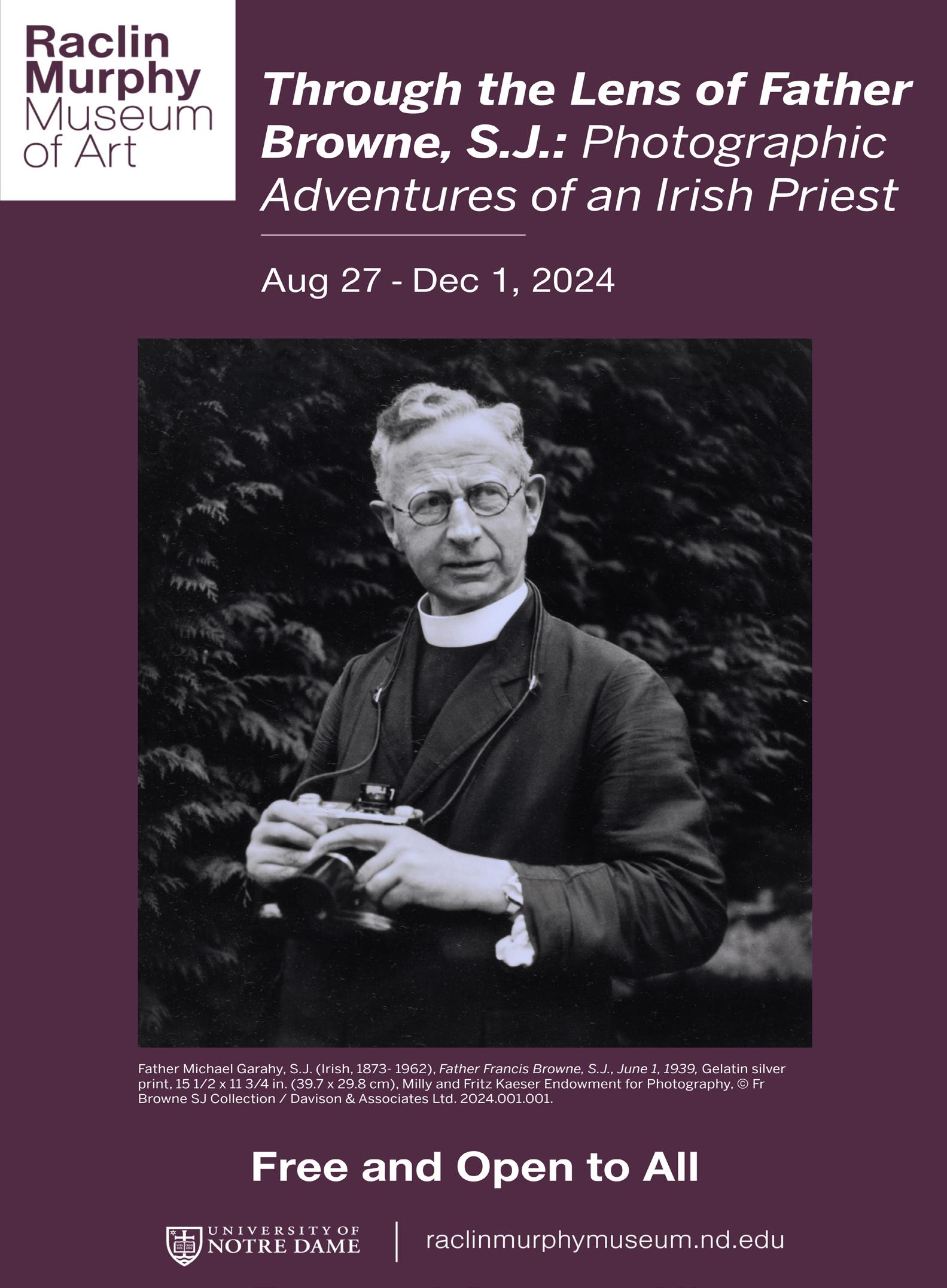
A letter to a heretical fool

To the one whom I have always despised most passionately, I read your piece in this newspaper two weeks ago, my dearest W, which you so poetically titled: “A love letter to eternity.” I must admit to having greatly enjoyed it. You write well, although your eloquence is really of no use because your ideas are treacherously hollow. You speak as if Truth has been revealed to you, and you alone — you call the man of faith unwise, you imply the seeker of pleasure to be a reckless hedonist, and yet the solution you offer us (for escaping death, that is) is far less developed and infinitely less compelling than those of the aforementioned characters.
Normally, I wouldn’t be so critical — not because I like you, my beloved W,
but because your writing is so comically nonsensical that I never expected it to be mulled over by another set of eyes. But now, most regretfully, this University newspaper has given you a platform, and you’ve only gone and disseminated your soul-crushing nihilism amongst the masses. You’ve forced my hand here, darling W, and I must act with haste, to save your ill-fated readers from the darkness which inevitably beckons. To do that, we must return to a place I swore never again to speak of, much less visit. But alas, it is the only way. So take my hand, most tender W, and let us depart on yet another odyssey; our destination: the Abyss.
First, however, I sense it urgent to define “the Abyss” for your readership, because you seem disinclined to do so yourself, despite referencing it profusely. The Abyss, as I have come to know it, is the place where humanity’s
thirst for meaning, and the lack of inherent meaning within the universe, collide — cataclysmically, in the most tragic of cases. Using that definition, the Abyss isn’t a place at all, but a state of being. If one seeks meaning in their own life but also recognizes that life is devoid of any such meaning — in other words, utterly random — then one consequently encounters the Abyss.
That being said, I would like to propose the following: the Abyss does not represent the complete vanquishment of hope, but rather, quite the opposite. When one stands atop the rocky outcropping and gazes down into the void, one is, rather conversely, presented with an opportunity to discover ultimate Truth. That is, so long as they are willing to close their eyes, quell their inhibitions, and listen only to the inclinations of their heart. And, should one heed this advice, I suspect that
they will have one thought and one thought only: Leap … … into the arms of the Lord.
But before the Spirit overtaketh us, my most righteous W, we must first face the trials of the Abyss. Long ago, three men — A, M and J — stood atop the same ledge that you and I will soon encounter. As they stood, these three men opened themselves fully to the horrors of the Abyss and allowed death’s unquenchable appetite to swallow them whole. After a lifetime of unfathomable suffering, a perfect silence descended upon these men, and in that silence, they heard the voice of Truth. It told them that It could only be understood via a leap of faith; put in layman’s terms, if these men were to ascertain Truth, they would be required to jump into the Abyss — not blindly (as you did a fortnight ago, my foolish W) but with the belief that a divine hand

would break their fall; leading them out of darkness, and into the light. Knowing that they had heard the voice of God, and being knights of a most defiant faith, these three men — A, M and J — leaped, and in doing so, looked Truth in the face, and understood that it was good and that nothing more could ever be desired.
And they were glad to have done so.
Here we are — finally — my sweet, trembling W. The Abyss beckons, but I have not a trace of fear in my heart, and neither should you. Have you readied yourself to accept the unending love of the Lord? Eternal life is only moments away, so long as you are willing to trust in Him. On the count of three, let us leap into the darkness below, and in doing so, we shall surely discover the face of Truth and live in harmony with Him forever. I cannot wait a second more. One ... two ... three …
“Open your eyes, look upon the darkness, and watch your resolution crumble.” … NO! NO! NO!
My God, my God, why hast Thou forsaken me?! It isn’t true! All of this has been for naught! God is nothing but a myth, constructed by men like me, attempting to rectify our fear of the unknown! My deepest condolences, cherished W, for I labeled you a fool — worse yet, a heretic! Only moments ago, I thought I knew the meaning to all of this, but now I see reality for what it is and understand that you have always been right. There exists nothing in this comically absurd universe other than ourselves. How vain and terrifying a truth indeed! WHAT ARE WE TO DO, MY WISEST W?! HOW CAN WE POSSIBLY RECKON WITH THIS MOST VILE … “Leap anyway.”
Yours honestly,
T.W.
Jackson is an aspiring philosopher, nomadic free spirit and communist revolutionary. He is currently wandering through an alpine meadow somewhere in Kashmir, pondering the meaning of life. If you would like to contact him, please send a carrier pigeon with a handwritten note, addressed to “The Abyss”. He won’t respond. (Editor’s Note: you can contact Jackson at jlang2@nd.edu)
The views of this Inside Column are those of the author and not necessarily those of The Observer.
PAID ADVERTISEMENT
Jackson Lang Letters from The Wanderer

By MARGUERITE C.J. MARLEY Scene Writer
Editor’s Note: This is an abridged version of a full length article. You can read the full version online at ndsmcobserver.com.
Over the past several years, we’ve witnessed the emergence of a new breed of pop stars characterized by their unique sound and ability to connect with a younger audience. Among these, Sabrina Carpenter’s distinct talent shines. Her fifth album, “Emails I Can’t Send,” and its second single, “Nonsense,” which gained significant traction on TikTok, have firmly established her as one of the breakout artists of the decade.
At the beginning of the summer, Carpenter unveiled “Please Please Please,” a track that many hailed as the anthem of the season. The following announcement of her fourth tour was met with such fervor that tickets sold out in a flash. And in August 2024, she finally dropped her sixth album, “Short n’ Sweet’,” further cementing her position as one of the leading figures in Gen Z pop alongside Olivia Rodrigo and Chappell Roan.
“Taste”
The song starts with a punchy punk guitar riff that I love. It boldly declares that whatever you do, you’ll
never be his ex. Carpenter brings her acting chops to the table when she sings about how she was “already there.” Overall, it’s a great opener to the album.
“Please Please Please”
This song took over my For You Page this summer for a good reason: it opens with an 80s synth beat that instantly makes you wanna get up and dance. Carpenter’s ability to switch between octaves in the chorus makes the song irresistibly catchy and a likely mainstay of pop radio stations for years to come, and I am happy about it. I’ll probably hate it for being overplayed in two years, but I’m glad to bop my head to it now.
“Bed Chem”
Another retro bop, this song falls into Carpenter’s usual trap of stumbling over and slurring together words. But despite that, the song still has enough to love, and the slower beat works to its advantage. However, it is too short for its own good, at 2 minutes and 51 seconds.
“Espresso”
Despite my best efforts, I find it challenging to fully appreciate this song. Carpenter’s voice is at its most unintelligible, and the lyrics, even when decipherable, seem to lack coherence. I recall watching
her perform it on SNL with my parents, and we could not grasp the essence of her words. Even after multiple listens to this review, I relied on a lyric video to comprehend the lyrics. The beat, while decent, struggles to maintain its appeal throughout the entire song.
“Slim Pickins”
Somewhat out of left field, this song has a country twang. Though her music is unlikely to please any hardcore country fans, it’s a fun little detour toward Nashville that presents a fun little hypothetical.
“Don’t Smile”
The album ends not with a bang but with some lofi beats to study and relax to. It’s a fine song, just not anything to write home about. I might be more forgiving if this was in the middle of the album, but come on, Sabrina, this isn’t a song you end an album with. Overall, “Short n’ Sweet” is just that — a short, fun album to put on during a long drive or on a record player as you dance around in your room pretending to get ready for a Beatles concert in 1964 (What, you’ve never done that before?). Though it struggles in some places, it’s a fascinating, diverse journey that proves Carpenter is here to stay as a pop star.
Contact Marguerite C.J. Marley at mmarley2 @ nd.edu

By CLAIRE WATSON Scene Writer
A week ago, I wrote an article talking about the upcoming release of the fifth season of “911: LoneStar.” This news excited me, as well as fans around the world. Since then, the internet has blown up over the news regarding the end of the popular television show.
A show with diverse and inclusive elements, its fans — and myself — recently found out that it is coming to an end. Deadline writes, “‘Lone Star’ has ranked as a Top 10 drama among adults 18-49 in each broadcast season it has aired.” This is not shocking considering the amount of drama, suspense and action that features throughout the show.
As the title of this article suggests, the love between officer Carlos Reyes (Rafael Silva) and partner, former firefighter and now paramedic Tyler-Kennedy “T.K.” Strand (Ronen Rubinstein), the most popular couple in the show, are also central to its fanbase. So much so that fans even refer to the show’s airtime as their (Carlos and T.K.) “dedicated day of the week.”
The two meet in the first season, and we see their
relationship grow throughout the next four. They are there for each other through tragedies, arguments, family life and even break-ups, but they stay with each other through it all. There also are multiple scenes in which one of them gets injured on the job and is in the hospital with the other one there to sit by their side through it all. Out writes, “Throughout the entire series, these two super hot first responders have helped make the show the success that it is and have given us one of the most fulfilling gay romances in a network show.”
T.K. and Carlos are among the more popular samesex couples on television, and they have been given the nickname “Tarlos,” which is a combination of their names. Online fans have also given them a dedicated day known as “#TarlosTuesday.” Every Tuesday, the two lovers’ fans’ post pictures or clips of T.K. and Carlos all over social media, adding the famous hashtag in the caption. Rubinstein said in an interview with Glaad, “This has been a long road for these two, and I know, personally speaking as one of the biggest ‘Tarlos’ fans out there, I’m just so happy and kind of emotional every time I think about it.” Silva agreed, commenting, “We have gotten to know
them and fallen in with them individually and as a couple.”
T.K. and Carlos are 100 percent my favorite characters in the show overall. I always get excited to see where their relationship is headed next. Both have a super caring side, while also being extremely protective of each other. I find that I connect to these characters because I care about the people around me the way T.K. and Carlos do for each other and their families.
One of the best things about their relationship and how it is depicted is that they hail from different backgrounds. Carlos comes from a Latin American family while T.K. comes from a white American family. Together, they learn each other’s traditions and what they like and dislike.
Needless to say, I am not super happy about how they are canceling the show. It has given me a lot of happiness and has been my binge-watch show if I just needed a break from studying.
As I mentioned before, the final season of “911: LoneStar” is set to release on Sep. 23.
Contact Claire Watson at cwatson7@ nd.edu
Irish draw with Duquesne ahead of key match
By TYLER REIDY Sports Editor
On Tuesday night, the Notre Dame men’s soccer team drew for the third time in four matches to start the season. This time, the Irish finished with a 1-1 tie at home against Duquesne. With the result, both sides remained unbeaten — Duquesne at 4-0-1 and Notre Dame at 1-0-3.
Despite the level score, the Irish dominated the match, outshooting the Dukes by a 21-3 margin and putting eight shots on target. Notre Dame struck first via sophomore midfielder Nolan Spicer in the 65th minute, only for Duqeusne’s Dakota Jonke to steal a penalty-kick goal in the 85th.
“It’s one of those ones that’s hard to process because of the last few minutes. But I do think it’s hard to deny — a lot of really good stuff. It’s a good team that, you know, posed a problem we hadn’t seen this year,” Irish head coach Chad Riley said. “I thought they were organized, they were committed to getting players behind the ball, which made it difficult. And then in those moments, you’re looking for a mistake,
CROSSWORD | WILL SHORTZ
which happens when you’re kind of on top of the game sometimes. So [we have] lots of things to be pleased with — obviously [we’re] bitterly disappointed not to get three points.”
Though the Irish controlled possession for 69% of the first half, Duquesne emerged with the night’s first real opportunity. Less than two minutes in, a turnover on the Irish back line left Jaxon Ervin with a chance to shoot from distance. Despite starting well off his line, freshman goalkeeper Blake Kelly calmly reached back to reel in his lone save of the contest.
For the first half’s remainder, set pieces generated each side’s closest chances — including one from Notre Dame just before halftime. In the 43rd minute, a free kick from junior midfielder KK Baffour picked out senior forward Matthew Roou and senior defender Kyle Genenbacher right in front of goal. Only a few feet away from the goal line, Roou angled his body to redirect the ball into the net. However, Notre Dame’s celebration lasted only a couple of seconds, as referee J.C. Rivero ruled that Roou stuck his elbow out for a handball. After
video review, the call of disallowed goal stood.
The match remained scoreless until the 65th minute, when Spicer opened up his account for the 2024 season. After working a give-and-go play with senior midfielder Bryce Boneau, Spicer pivoted the inside, walking the top of the 18-yard box right to left. As he shook off a defender, Spicer ripped a left-footed shot that bent inside the left post for a 1-0 Irish lead.
Spicer, who didn’t score his first goal of 2023 until November, has three points in four matches on the young season.
“Nolan is a tremendous player, and we want to see more of those moments,” Riley said. “He came in — I think we were getting around the outside so they started to correct themselves to deal with our wide play, and then that created a little space that Nolan was able to find a pocket and a window to finish.”
Potent all night long, Notre Dame’s offense truly opened up after halftime. The Irish tested Zoltan Nagy with seven shots on goal in the second half, attempting 13 of their 21 overall strikes. Riley broke down the
adjustments required for Notre Dame to infiltrate a stout and composed Duquesne defensive unit.
“We played with natural wingers, lefty on the left [side] and a righty on the right. And I thought we started to create a lot more chances with getting around the edges, which opened up that space that Nolan [Spicer] eventually kind of slipped through and got the finish,” Riley said. “When you play a 5-4-1, it can be difficult to break down, but I thought the guys’ patience and urgency was great. I think on another night you get a couple more.”
Notre Dame nearly found a second goal in the 77th minute, but Nagy turned aside a Baffour rocket from in tight. Eventually, the clock ticked down to the game’s final five minutes with the Irish still ahead and in position to win a second consecutive match.
Then, all of a sudden, Duquesne earned a penalty kick.
All it took was one ill-timed turnover from sophomore defender Sean McDowd to free Maxi Hopfer, a career 50-point scorer, for a breakaway. Attempting to recover, McDowd knocked Hopfer down from behind in the 18-yard
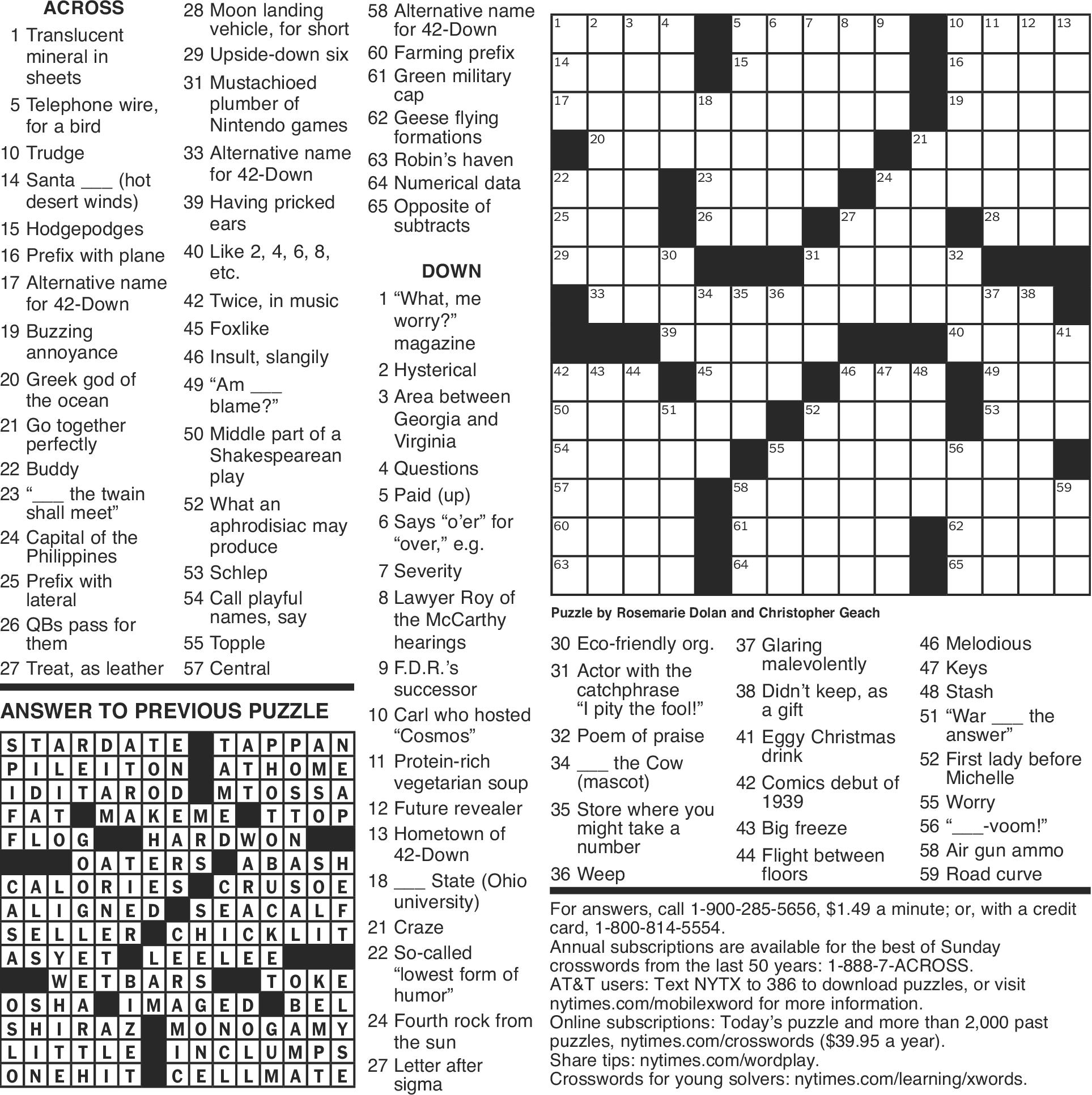
box, generating the penalty kick. Jonke stepped up to the spot and used a simple approach, shooting slow and down the middle to beat the diving Kelly.
After that point, Notre Dame made a frantic push to take back a lost win, but one more Nagy stop against Baffour sealed the deal for a draw. Regardless of their displeasure with the result, the Irish must move on quickly to face their biggest challenge of the year to date. Third-ranked Stanford, a brand new ACC team that just went into Clemson and knocked off the defending national champion, visits South Bend on Saturday. The match sets up as Notre Dame’s first ranked contest of the season.
“We won’t feel sorry for ourselves. We’ll learn from [the Duquesne game], and it doesn’t change anything in our preparation for Stanford,” Riley said. “So we’ll start to look at them – it will be a different game that we’ll be excited about.”
The Irish and Cardinal will kick off at 7 p.m. inside Alumni Stadium on Saturday.
Contact Tyler Reidy at treidy3@nd.edu
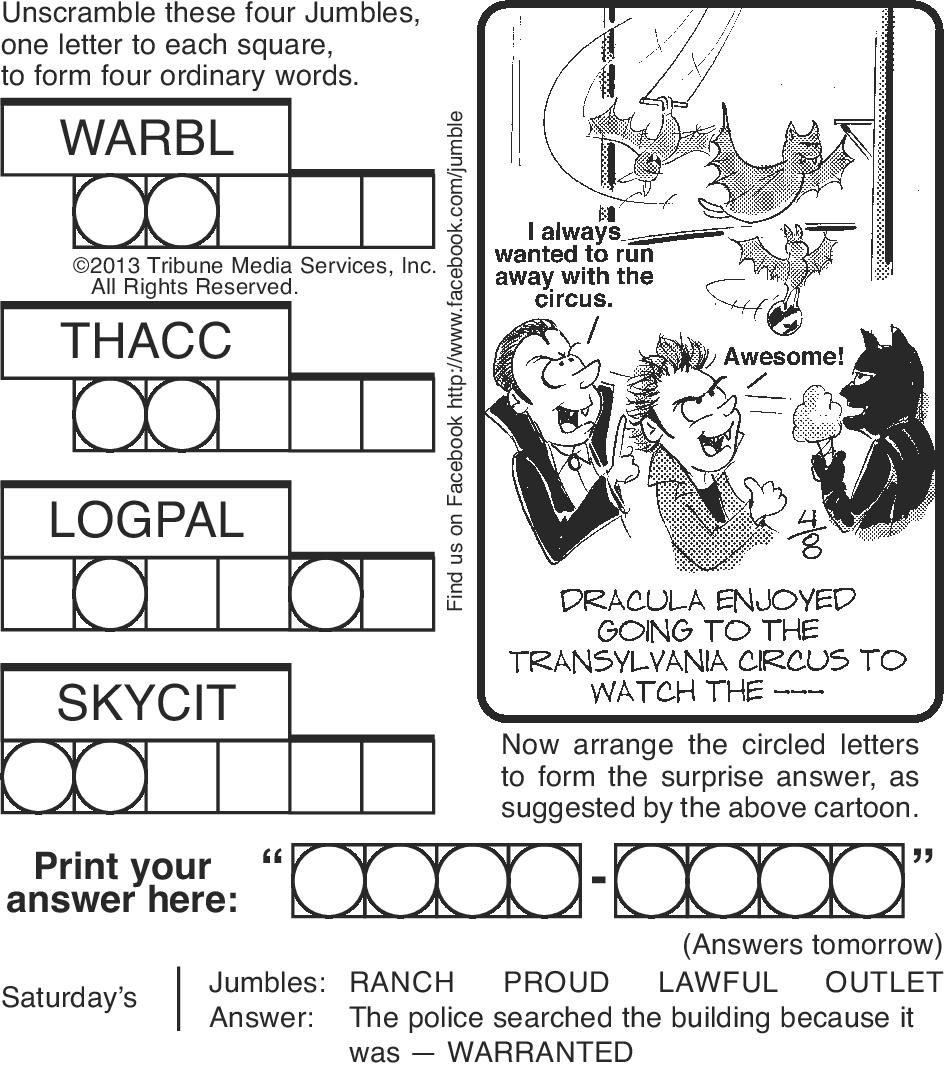
JUMBLE | DAVID HOYT AND JEFF KNUREK
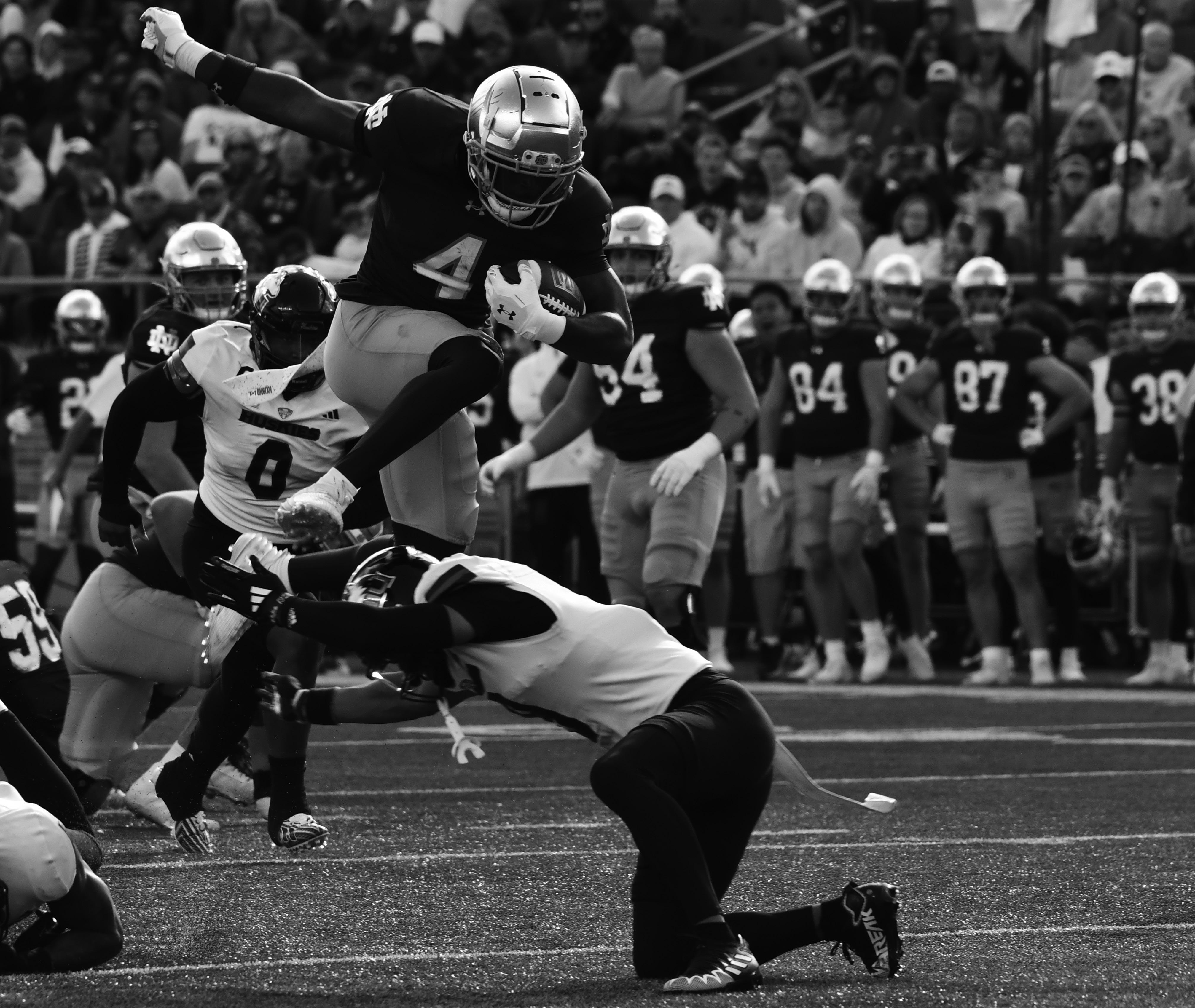
ND FOOTBALL FEATURE
Love’s breakout start leading the Irish offense
By TYLER REIDY Sports Editor
Across the last decade of Notre Dame football, only two sophomore running backs have totaled 170 rushing yards in their first two games of the season. In 2020, there was Kyren Williams, who went for a combined 174 against Duke and South Florida en route to an 1100yard campaign. He’s now a Pro Bowler and an 1100-yard rusher with the Los Angeles Rams of the National Football League.
The other shining sophomore? Jeremiyah Love. In two games to start 2024, the second-year man from St. Louis has piled up exactly 170 yards. Even as Notre Dame suffered a gutting loss to Northern Illinois last Saturday, Love remained a definitive bright spot, totaling 79 rushing yards and scoring his second
touchdown of the season.
“My confidence level is still as high as it can be,” Love said on Tuesday. “For the team, our confidence level is still as high as it can be. Anybody can win on any given day, and that’s just that.”
As a freshman, Love flashed major potential as a change-of-pace backup for historic tailback Audric Estimé. He didn’t just post 346 rushing yards – he did so at an impressive clip of 6.2 yards per carry. He applied his season high in rushing yards to Notre Dame’s most meaningful contest against Ohio State.
Two games into 2024, Love has put proof into his potential, ripping off two memorable touchdown runs as the lead Irish back. In a 13-13, fourth-quarter tie at Texas A&M in Week One, Love provided the game-winning score with a 21-yard weave
on the ground. Against Northern Illinois, Love accounted for Notre Dame’s highlight of the day, hurdling a defender on an energizer of a 34-yard score in the third quarter.
“They were hitting me in my knees the whole game, so after halftime I knew if I got in the open field somebody was gonna try to cut me or something like that,” Love described. “I came through, busted through the hole, and I knew he was going low so I just jumped over him and then scored.”
Love, who has already matched his total touchdown count from a year ago, thrives on making plays that provide a little extra juice to his teammates.
“When anybody makes a big play or scores a touchdown to bring us back in the game, I feel like that gives the offense or, shoot, the whole team a lot of momentum and
a lot of confidence,” Love said. “That play, I would say, was most definitely a confidence-booster and got us back on our feet.”
While Love’s leaping score gave Notre Dame some life on a game-specific level, the Irish must now find their footing in a much broader sense. At 1-1 and outside the AP Poll’s top 15, Notre Dame has its College Football Playoff hopes hanging in the balance with each game’s outcome. Asked about his perspective on the remaining season, Love was crystal clear about how his football team can and must move forward.
“The perspective is to just keep going, bring each other up and play football,” Love said. ”[It’s to] prepare the same way, have great preparation, take practice seriously and do all the things you need to do to play to the best of your ability. [It’s to]
come out and play with a hunger to defeat anybody we go against — try to just get better every week and every day.”
If anyone is ready and in position to satisfy Notre Dame’s hunger to defeat Purdue, it’s Love. With their passing attack suspect and senior quarterback Riley Leonard banged up, the Irish may lean on Love as a pillar for consistency. He’s shouldered the workload before and, like the program he’ll suit up for on Saturday, is playing with something to prove this weekend.
“We’re looking at ourselves and trying to find ways to get better… We are our true opponents, and the key to us having success is coming out every day, working on our craft and getting better in some type of way,” Love said.
Contact Tyler Reidy at treidy3@nd.edu
GRAY NOCJAR | THE OBSERVER
Sophomore running back Jeremiyah Love hurdles a would-be tackler en route to a 34-yard touchdown during Notre Dame’s 16-14 loss to Northern Illinois on Sept. 7 at Notre Dame Stadium. After rushing 11 times for 79 yards against the Huskies, Love leads the Irish with 170 rushing yards and is the only Notre Dame player with two touchdowns this season.
History of the Notre Dame-Purdue matchup
By TYLER REIDY Sports Editor
Saturday afternoon, Notre Dame and Purdue will meet on the football field for the 88th time. Only USC and Navy have opposed the Irish on more occasions than the Boilermakers, who trail the all-time series 5726 with two ties. Notre Dame has dominated the oldest and youngest sections of the in-state rivalry, carrying a six-game win streak against Purdue into this week’s game. Before the Irish and Boilermakers collide at Ross-Ade Stadium in West Lafayette, here’s a look back at the evolution of the series.
What they play for
While Notre Dame and Purdue first met in 1896, they didn’t begin playing for a physical prize until their 29th matchup in 1957. That year, merchant seaman and Notre Dame supporter Joe McLaughlin donated and presented a shillelagh which he had transported from Ireland. The object became known as the Shillelagh Trophy, which the Irish currently own by way of their 2021 defeat of Purdue.
The early years
The rivalry opened with the
Irish and Boilermakers meeting 17 times between 1896 and 1939. Most of those matchups took place in West Lafayette, but the first contest played out in South Bend. In that game, Purdue scored a 28-22 win en route to claiming three of the series’ first four wins. After back-to-back Boilermaker shutout wins in 1904 and 1905, the Irish turned the series around with a 2-0 victory in 1906. A year later, they would tie the series at 3-3-2, marking the most recent point of equality in the matchup’s history.
When the series picked back up in 1918, Notre Dame’s first year under Knute Rockne, the Irish really started to dominate. They won all six matchups — played in six consecutive years between 1918 and 1923 — of Rockne’s tenure. Purdue pulled a win back after a 10-year hiatus in 1933, but by the time World War II rolled around, the Irish had won 10 of the last 11 meetings.
Purdue swings momentum as yearly series begins
After the war, in 1946, the Notre Dame-Purdue matchup became a yearly fixture. It would remain so for 78 years. With Frank Leahy at the helm, the Irish extended their
dominance in the postwar era, winning seven of the first eight matchups, including one in the 1949 national championship season. The lone Purdue victory in 1950 snapped an overall Irish unbeaten streak of 39 games.
Once Leahy moved on and Jack Mollenkopf took over at Purdue in the mid-1950s, the rivalry began to turn. Between 1954 and 1969, the Boilermakers enjoyed their most prosperous stretch in series history, claiming 11 of 16 matchups. Notre Dame, however, won the first Shillelagh Trophy game in 1957 and got back on track with Ara Parseghian’s arrival. In 1966, the Terry Hanrattyquarterbacked and national championship-bound Irish defeated Purdue, a Rose Bowl qualifier later that season. Two years later, the only No. 1 vs No. 2 matchup in the series’ history took place, with top-ranked Purdue downing Notre Dame by a 37-22 score.
Irish in control after 1970
Over the last 54 years, Notre Dame officially holds a 34-10 advantage on Purdue, excluding the vacated victories of 2012 and 2013. Quarterback Joe Theismann and the Irish broke out in 1970, stomping Purdue to
the tune of a 48-0 shutout. From there, Notre Dame lost only seven games to the Boilermakers for the remainder of the 20th century.
The 1977 game served as a major step in Notre Dame’s run to another national title. Purdue led the Irish, who had just lost a game to Ole Miss, by a 24-14 score in the fourth quarter. Into the game went quarterback Joe Montana, who completed a comeback and secured the starting role for a championship push.
Purdue found some success during Notre Dame’s Gerry Faust years in the early 1980s, claiming three of five contests. However, with Lou Holtz’s 1986 arrival in South Bend came a return to the driver’s seat from the Irish. In that 1986 season, Holtz notched his first Notre Dame victory before blowing out the Boilermakers again in the championship season of 1988. During his Irish tenure, Holtz never lost to Purdue, going 11-0.
As soon as Holtz left Notre Dame, Purdue snapped its losing streak and continued its success into the early 2000s. In the eight matchups between 1997 and 2004, Purdue outscored the Irish by 38 points. The 2004 win marked Purdue’s
first Notre Dame Stadium in 30 years, while the 2007 victory is the most recent Boilermaker triumph in the series.
Yearly streak ends during Brian Kelly years
Like Lout Holtz, former Irish head coach Brian Kelly earned his first Notre Dame win against Purdue in 2010. He would add another by a 28-point margin a year later in his first trip to West Lafayette. Then came the vacated Irish wins of 2012 and 2013, the latter existing as Notre Dame’s last outing at Ross-Ade Stadium. In 2014, the annual series concluded with Notre Dame defeating Purdue by a 3014 score at Lucas Oil Stadium in Indianapolis.
The Irish and Boilermakers have met one time since then with a September 2021 matchup in South Bend. A big day from soon-to-be NFL starting running back Kyren Williams paced a 27-13 Notre Dame victory, keeping the Shillelagh Trophy with the Irish.
Looking ahead, Purdue and Notre Dame will meet during each season between 2024 and at least 2028, renewing their annual rivalry to a lesser degree.
Contact Tyler Reidy at treidy3@nd.edu
Three keys to victory: Notre Dame vs. Purdue
By NOAH CAHILL Associate Sports Editor
Notre Dame has become the celebrity of the college football world for the past week and not for the right reasons. After what looked like a program-defining win against Texas A&M in Week One, disaster struck for the Irish in the home opener. Before last Saturday’s game, MAC teams were 0-51 against AP top-five opponents. Northern Illinois went into South Bend and made it 1-51, outplaying the Irish from start to finish. The devastating loss removes all margin for error for Notre Dame going forward if it wants to sneak into the College Football Playoff. For now, the Irish set their sights on in-state rival Purdue in Week Three. Here are three ways Notre Dame can make a much-needed response to last week’s showing.
Lean into the rushing attack
The expectation after a conservative game plan in Week One was for offensive coordinator Mike Denbrock to push the ball downfield against NIU. The passing
attack, however, sputtered behind the massive struggles of Riley Leonard. The senior quarterback went 20for-32 with 163 yards and two interceptions. He has yet to throw a touchdown pass through eight quarters of football. To make things worse, recent reports have said that Leonard suffered a shoulder injury during the game. While he is set to play against the Boilermakers, the focus of the offense has to shift to the running game. The performance of sophomore running back Jeremiyah Love was one of the few bright spots from the upset defeat. Love rushed for 79 yards on 7.2 yards per carry with an incredible touchdown run highlighted by a hurdle over the final defender en route to the end zone. Junior running back Jadarian Price pitched in 24 yards as well but only received four carries, combining with Love for 15 total rush attempts on the game. Especially with Leonard hobbled, that number will have to go way up if Notre Dame wants to consistently move the ball. Establishing the rushing attack could also provide
more opportunities for the wide receivers, particularly graduate transfer Beaux Collins, who has managed 107 receiving yards through the first two games despite how unreliable the passing attack has been.
Win in the trenches defensively
Considering the talent of Notre Dame’s defensive line, it is fair to say that the group has significantly underperformed so far this season. An interior of graduate students Howard Cross III and Rylie Mills should not be getting pushed around by NIU’s offensive line, but that was what happened all game. The Huskies rushed for 190 yards and converted six of 17 third downs. While that number is not staggering, every time they needed yards for a big conversion, they were able to get them, including on their final field goal drive that would prove to be the game-winner. RJ Oben was brought in through the portal to pressure the quarterback, but the graduate transfer has yet to log a sack or tackle for loss. The entire team has only generated one sack in two games.
The defensive line will need to perform better to contain a Boilermaker offense that put up 49 points in its season opener while protecting its quarterback well, allowing only one sack.
Shut down the Purdue passing game
As mentioned, Purdue produced an offensive explosion to open up its season, albeit against FCS competition in Indiana State. Hudson Card, who transferred in last season from Texas, was near perfect on the day, completing 24 of 25 passes for 273 yards and four touchdowns. Notre Dame’s secondary, however, is one of the best in the country and will need to play like it on Saturday. Between
graduate safety Xavier Watts, the reigning defensive player of the year, and junior cornerback Benjamin Morrison alone, the Irish secondary should match up well with a young Purdue wide receiver corps that rotated frequently in Week One. Graduate safety Jordan Clark, who was one of the few good performers on the Irish defense last weekend, and sophomore safety Adon Shuler, who has flashed in the first two starts of his young career, will both contribute as well. Shutting down this Purdue passing attack will be paramount to a successful defensive outing from the Irish.
Contact Noah Cahill at ncahill2@nd.edu
ND FOOTBALL
ND FOOTBALL PICKS
Footall beat picks: Notre Dame vs. Purdue
By Observer Sports Staff
John Bailey
It might be the last thing Irish fans want to think about after the catastrophe that occurred last Saturday afternoon, but the Notre Dame football team will play another game this weekend. In fact, the Irish have at least 10 games remaining in a season that has already begun to careen off the rails into the canyon of despair. But fret not. Soon, nightmares of Huskies will be replaced with sweet dreams of the Leprechaun bursting out of the Purdue Big Bass Drum while Purdue Pete looks on with his soulless eyes.
Though he did so against the not-so-mighty Sycamores of Indiana State, Boilermaker quarterback Hudson Card went 24 for 25 for 273 yards and four touchdowns. Near-perfect. He has no glaring weaknesses in his game, consistently proving himself capable of making throws at all three levels and spreading the ball around to get every receiver involved and keep them engaged. However, the wide receiver room remains a question mark, talented yet unproven. As such, offensive coordinator Graham Harrell will look to tight end Max Clare as well as running backs Devin Mockobee and Reggie Love III to make plays after the catch. As one of the few bright spots last week against NIU, sophomore linebacker Jaiden Ausberry’s excellent pass coverage could prove crucial to stifling Card and the Boilermaker offense. His instinctual awareness, long speed and quick reflexes allow Ausberry to work more than just zone assignments, setting him up to shut down Clare over the middle or either running back in the slot.
Thanks to its dominance over “Larry Legend”’s alma mater, the Purdue defense ranks first in points allowed and fourth in yards allowed. With a talented secondary led by preseason AllAmerican Dillon Thieneman, this defense will look to take advantage of Notre Dame’s struggles passing the ball. He doesn’t have to light up the scoreboard with multiple deep touchdowns, but senior quarterback Riley Leonard must consistently move the chains with his arm if he wants to snuff out any quarterback controversy.
Purdue’s strong defense and Notre Dame’s anemic offense will keep the game close through three quarters, but the Irish pass rush and ground game will wear down the Boilermakers in a game that will be much closer than the final score indicates.
Prediction: Notre Dame 35, Purdue 21
Noah Cahill
Throughout Marcus Freeman’s tenure, the Irish have struggled with success. For every marquee win Freeman has on his resume (Clemson, USC, Texas A&M), there seems to be a devastating loss in the vicinity (Marshall, Stanford, NIU). However, one thing Freeman has proven is his ability to get his guys to respond to adversity. I expect this Irish group to come out with a far greater sense of urgency on Saturday afternoon in Ross-Ade Stadium. Purdue has had its moments over the past decade upsetting top-ranked teams. If the Boilermakers want to pull off another this weekend, they will need to see similar production to Week One from the passing attack. Quarterback Hudson Card threw for 273 yards and four touchdowns in the season opener en route to a 49-0 rout over Indiana State. Coming fresh off a bye week, look for this offense to air it out early and often. However, the Irish defense will prove to be too much in this game. I anticipate a response upfront from a defensive line that got pushed around against NIU. I also see the elite secondary shutting down this young Boilermaker wide receiver corps. Propped up by a strong defensive performance, the Irish offense will do just enough. Denbrock will feed his running backs all afternoon and control the game on the ground en route to a comfortable and much-needed Irish victory.
Prediction: Notre Dame 27, Purdue 13
Matthew Crow
This feels like a tough one to get a read on. It’s anyone’s guess how Notre Dame will come out of the gates following a huge win and disastrous loss over the past two weekends, and Purdue remains something of a mystery at this stage of the season, having comfortably cruised past FCS opponent Indiana State 49-0 in week one prior to an early bye week. Notre Dame fans continue to be disappointed with the string of Irish home defeats against heavy underdogs in recent years, but the program under Marcus Freeman has shown a consistent ability to remain focused and confident amid adversity and bounce back quickly following losses. With their backs against the wall, I expect the Irish to come away with a key road win and get their season back on track.
After a surprisingly up-anddown first half against the Huskies, the Notre Dame defense was its usual dominant self after the break and held its opponent
to just a single touchdown for the second straight week. I look for more of the same against Purdue, and the key matchup of the game will be the elite Irish secondary attempting to slow down the Boilermakers’ passing attack led by quarterback Hudson Card, who was nearly perfect with four touchdowns in his season opener.
Offensively, the Irish will continue to lean on running back Jeremiyah Love, who has averaged nearly seven yards a carry while looking like one of the nation’s top backfield threats. Graduate wide receiver Beaux Collins could be the X-factor for the Irish. Collins has been targeted just 12 times across two games but has fully capitalized on those opportunities, establishing himself as Riley Leonard’s go-to target with 10 receptions for 107 yards while leading the team in receiving in both games. If those six targets per game can turn into 12 or 13 on Saturday, it could help Notre Dame’s passing attack find the breakthrough that it’s been so desperately looking for. In a tense, low-scoring duel, the Irish will get it done against their in-state rival.
Prediction: Notre Dame 23, Purdue 10
Annika Herko
Purdue is coming off a big win against a small school, like Notre Dame should have. Boilermaker quarterback Hudson Card had a huge game while Irish headliner Riley Leonard struggled to get anything done. However, I believe the Irish will bounce back in West Lafayette (because they absolutely have to).
The Notre Dame coaching staff will watch the game footage from last week and adjust. The game plan this week should reflect
Leonard’s strengths and work to get him comfortable in the pocket again. With the offense under pressure, the Irish defense needs to step up and make more of an impact in games by generating turnovers. Notre Dame stops the bleeding and gets a somewhat strong win over Purdue.
Prediction: Notre Dame 35, Purdue 14
Madeline Ladd
Though the Irish managed to derail a promising season last week, all hope is not lost. Now, the Marcus Freeman roller coaster is back in action as the Irish prepare for a tricky intrastate matchup against Purdue in West Lafayette. Purdue, coming off a bye week following a 49-0 shutout of Indiana State, is eager to build on its early success under second-year coach Ryan Walters. Quarterback Hudson Card has been razor-sharp, completing 24 of 25 passes in the season opener. With star wide receiver Deion Burks gone, the Boilermakers will likely lean on the ground game — much like NIU. Notre Dame’s defense will need to stiffen up against Purdue’s backfield duo of Devin Mockobee and Reggie Love III, avoiding the holes it created last week.
For the Irish, Riley Leonard’s ineffective passing has been compounded by a shoulder injury. Notre Dame is one of five teams in the FBS to yet throw a touchdown, and this must change.
It’s simple. Freeman has to instill the fire we witnessed at Texas A&M. Leonard must make better reads and hit his receivers (who need to create separation) in stride. Jeremiyah Love and Jadarian Price must be fed and Mitchell Evans needs to be
involved. The defensive line has to show up and provide the pressure they are capable of.
Freeman has steadied the ship after tough losses before, and the hope is that he can reinstill the fire that was seen at A&M.
Prediction: Notre Dame 35, Purdue 17
Tyler Reidy
It’s not going to be pretty, but the Irish won’t lose this game. They can’t, right? Marcus Freeman’s teams have always bounced back well from gutting losses, and it’s hard to imagine the chaos that would follow Notre Dame departing the playoff picture by midSeptember 1-2 start. Now, we still have very little reason to believe in the Irish offense. Quarterback Riley Leonard, if he does suit up, will be playing through pain. He and the Notre Dame passing game haven’t moved well under any circumstances this year. Maybe a quarterback change sparks the Irish this week, but either way, any points put on the board Notre Dame will have pieced together.
What I think really gives Notre Dame a clear edge in this game is, per usual, its defense. Northern Illinois pushed the Irish around last week, firing off chunk plays and running the ball largely at will. That won’t sit well with Al Golden’s unit, which I believe has a favorable matchup against Purdue’s pass-first offense. Dynamic quarterback will make some plays early and the Boilermakers will start fast on the heels of a bye week, but Notre Dame’s ability to play the long game will result in win number two.
Prediction: Notre Dame 27, Purdue 17
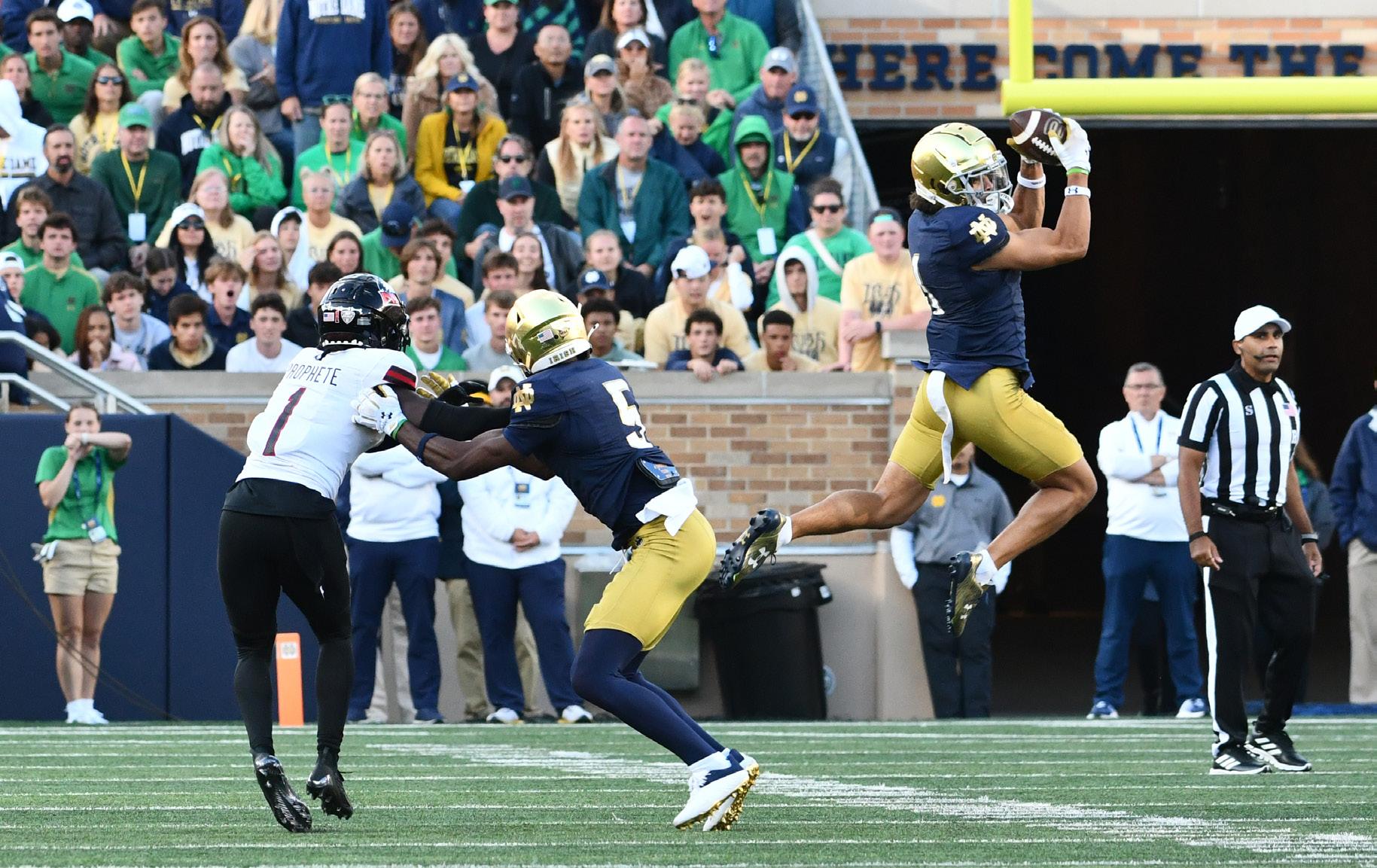
GRAY NOCJAR | THE OBSERVER
Sophomore wide receiver Jaden Greathouse leaps for a catch during Notre Dame’s 16-14 loss to Northern Illinois on Sept. 7 at Notre Dame Stadium. The Irish are 1-1 entering this Saturday’s road game at Purdue.
